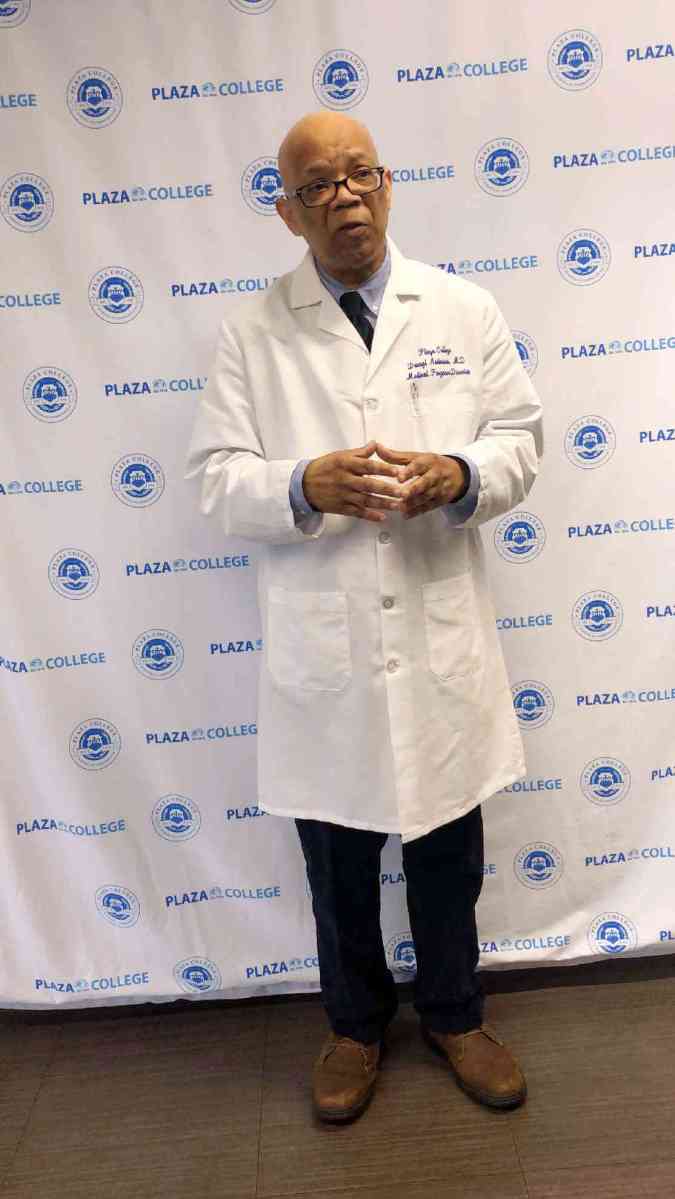The holiday season can mean friends, family and joy, but it can also mean grave threats to your health, according to Dr. Darryl Anderson, is director for the medical program at Plaza College in New York City.
He said heart attacks spike 37 percent on Christmas Eve and 20 percent on New Year’s Day, threatening to turn seasonal cheer to tragedy.
“Holiday heart” syndrome, most common between Thanksgiving and New Year’s Day, refers to the sudden increase during the holiday season of people who suffer heart problems due to the combination of stress, excessive consumption of alcohol, fatty and salty foods.
“The holidays can be dangerous, as overindulgence, stress and lack of sleep can lead to severely elevated blood pressure and can be a key and critical indicator of cardiac distress,” Dr. Anderson told Caribbean Life.
“Keep your holiday safe and delightful by taking the necessary precautions, to ensure your heart health,” he added.
Anderson said a report published by the BMJ, formerly the British Medical Journal, first identified the significant spike in heart attacks and other cardiac problems around the so-called “most wonderful time of the year”, when holiday parties, shopping and countless work and family get-togethers cause stress combined with overindulgence.
As part of a seasonal-healthy-education campaign, Anderson is instructing on the recognition of the signs of Holiday Heart.
He warned that binge drinking or overindulging on alcohol during the holidays can increase a person’s risk of atrial fibrillation (AFib) or heart attack and overwork the liver.
Anderson referred to the Atlanta-based Center of Disease Control and Prevention that says men can safely consume two drinks a day while women can consume one.
According to a survey from alcoh
The survey shows an alarming 47 percent of men and 40 percent women report binge drinking during New Year’s Eve festivities.
“My advice to the public is to take it slow,” Dr. Anderson counseled. “If you are not accustomed to running around, shopping, doing this-that and the other thing, then do it piecemeal. Watch what you eat.
“I would suggest individuals to not abstain from alcohol, but instead do so in moderation and the same goes for tobacco and for fried, fatty, greasy foods,” he added. “Try to consume much more fruits and vegetables and water, cut back on caffeine and energy drinks.
“Lastly, get some much needed sleep,” he continued. “When you have friends, family and guests coming over, your sleep patterns are disrupted. Lack of sleep, or sleep deprivation in and of itself is very stressful.”



























